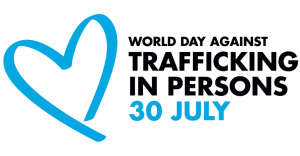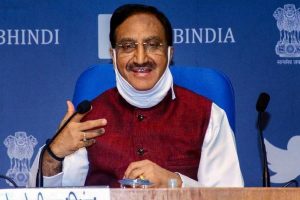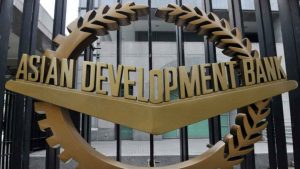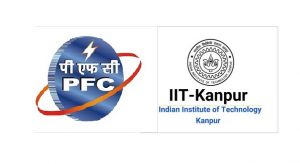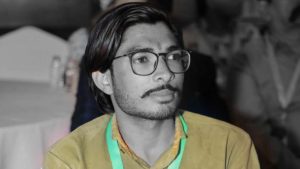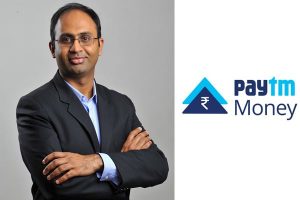VisionIAS
18:52

1) DIAT develops ‘Aashray’ to combat COVID-19

2) ICRA appoints N. Sivaraman as MD and Group CEO
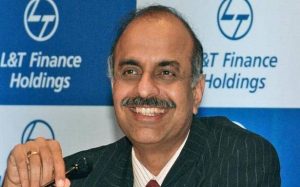
•Sivaraman will drive ICRA Group’s business strategy and innovation, build organisational capabilities, nurture a strong culture of analytical excellence, strengthen the independence and objectivity of ratings and enhance the company’s thought leadership.
3) Hardik Satishchandra Shah becomes new Private Secretary to PM Modi
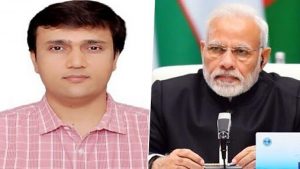
4) Chhattisgarh’s Bijapur tops Niti’s aspirational districts ranking
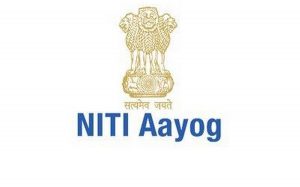
•The delta rankings took into account incremental progress made by over 112 aspirational districts across six developmental areas during February-June this year. Health and nutrition, education, agriculture and water resources, financial inclusion, skill development and basic infrastructure were the development areas that were taken into consideration for the ranking.
5) MobiKwik launches personal UPI payment link mpay.me

•Through mpay.me, users will now be able to generate their own mini personal payment gateways using their phone numbers. Users can share it with anyone over chat, SMS, email, etc to collect payments. All MobiKwik UPI users that have their personal payment link already can use this service. Payments can be made using this link through any UPI app: MobiKwik, GooglePay, PhonePe, Paytm etc.
6) Harikrishna finishes 2nd at Biel Chess Festival








